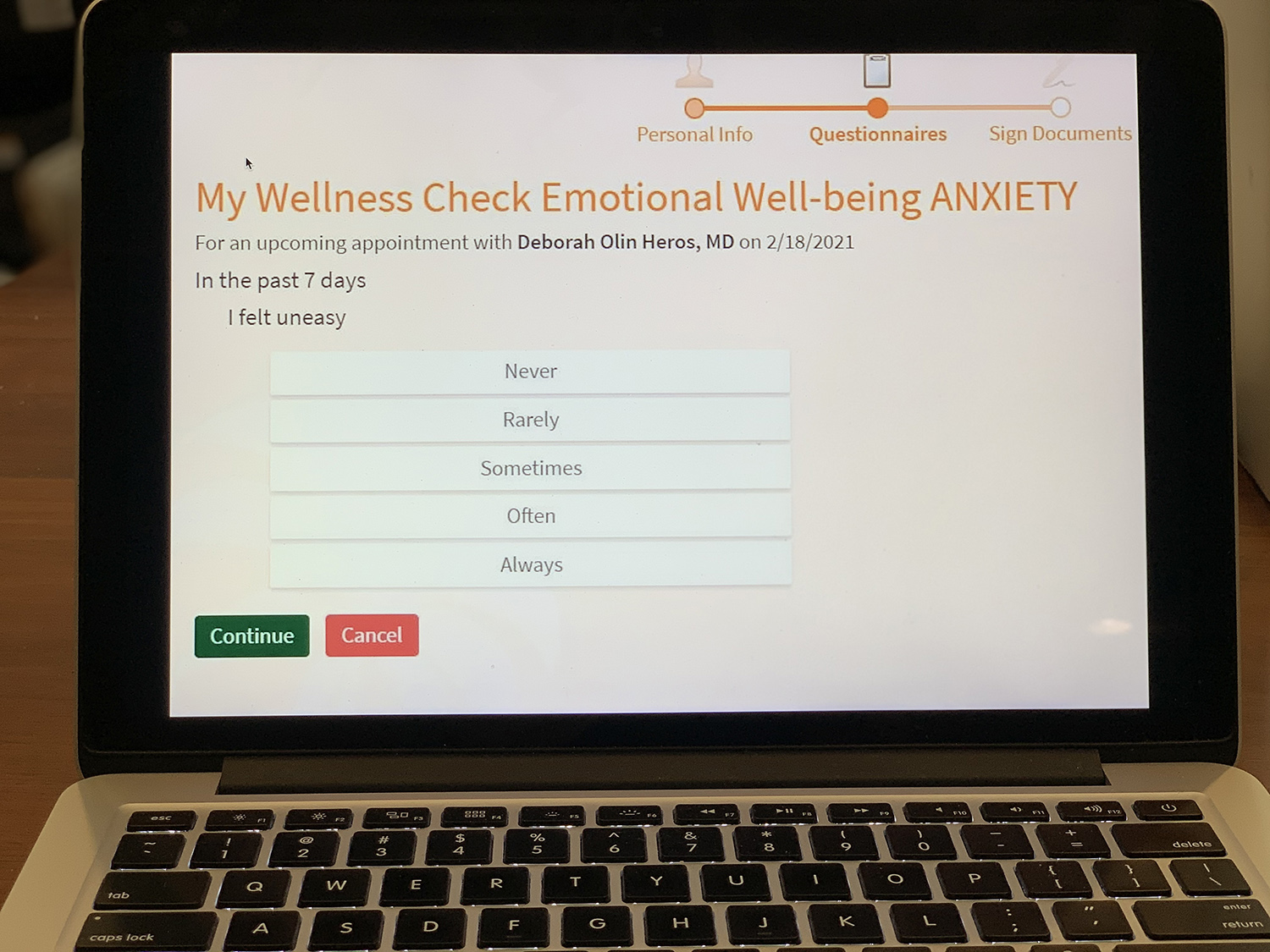Programs benefiting cancer survivors adapt and thrive throughout 2020
Vital programs and support services for the large survivor community at Sylvester were able to successfully pivot and grow in 2020, despite pandemic challenges.
“Our cancer support services and survivorship teams acted quickly and efficiently, and moved most of our programs to online delivery using several platforms. Overall, Sylvester has done an exceptional job at providing continuity of support services and care and staying connected with our survivor community,” said Frank J. Penedo, Ph.D., professor of psychology and medicine and associate director for Cancer Survivorship and Translational Behavioral Sciences.
Cancer Survivorship Program
Sylvester’s annual Survivorship Celebration, which in 2019 was held in person at Marlins Stadium, happened virtually in 2020. Live and pre-recorded musical performances and presentations from clinicians and survivors were part of the hour-long celebration which wrapped up with dancing to a DJ. More than 200 attended in real time.
Sylvester continued to deliver survivorship care plans via telehealth. These plans are an essential component of survivorship care with key information for the patients and primary care providers. The plans summarize all treatments received, list all providers involved in care, outline treatment follow-up guidelines, and provide personalized recommendation on lifestyle factors such as nutrition and physical activity that promote health and well-being.

Another key activity of the survivorship program is My Wellness Check—a personalized care program that uses the patient portal to assess symptoms and psychosocial needs to assure that the physical, emotional and practical needs of our survivors are being adequately addressed. My Wellness Check continues to be rolled out across our cancer clinics and is expected to be available systemwide by early 2022. Notably, My Wellness Check identified an uptick in rates of anxiety and depression in parallel with the pandemic and the system continues to be used to refer our patients to appropriate psychosocial services.
To learn how the pandemic continues to impact survivors, led by our faculty and in collaboration with scientists from other NCI-designated cancer centers, we developed the COVID-19 cancer impact survey. The survey will provide a picture of how the pandemic is impacting emotional and physical well-being, financial conditions and quality of life of our survivors so we can develop strategies to assist them. To this date, about 500 Sylvester cancer survivors have completed the questionnaire.
“We are also part of a collaborative with 19 National Cancer Institutes’ designated institutions, where we are capturing data on how the COVID-19 pandemic has impacted everything from financial resources to medical visits, follow ups in our communities. We tap into satisfaction with telemedicine and ask several questions regarding depression, anxiety and stress associated with the pandemic, as well as resiliency and factors related to quality of life,” Dr. Penedo said.
Cancer Support Services
COVID-19 safety measures made it no longer possible for support groups to meet in person or to bring services like pet therapy and musical performances into clinical areas. Cancer Support Services was forced to quickly adapt and all of Sylvester’s weekly classes, group meetings, and events were transformed into a virtual format.
Videos were created and posted on Sylvester’s YouTube channel on yoga, journaling, art therapy, relaxation, nutrition and more. Patients can participate at home and on their own schedule or join online meetings in real time.
Music therapist and leader of the Sylvester Survivorship Choir, Mary Adelyn Kauffman, DMA, realized this change allowed more people to participate. Survivors, caregivers, and families who could not make it to Miami or Sylvester’s other locations in person, have new way to access services. As a result, Kauffman has more than triple the number of outpatient survivors in hour-long music therapy sessions each week, compared to the previous year.
“This has been a great win for Cancer Support Services in general and the music therapy department, in particular,” Kauffman said.
The Survivorship Choir practices regularly on Zoom and has worked out many of the technical challenges associated with virtual groups. For the holidays they performed via Zoom, which was seen not only on survivors’ laptops, smartphones, and computers, but also on inpatient room television screens.
The online format has been so successful that, once pandemic fears ease, Kauffman foresees resuming a combination of in-person and online survivorship services, so all survivors can benefit.
“It has been very reassuring for our patients and survivors to continue to be able to access these critical services during the pandemic” said Dr.Penedo. “In some ways, continuity of support services retains a sense of normalcy under what have arguably been challenging times. We are fortunate to have such dedicated cancer support and survivorship programs that continue to thrive and expand despite the pandemic challenges”.